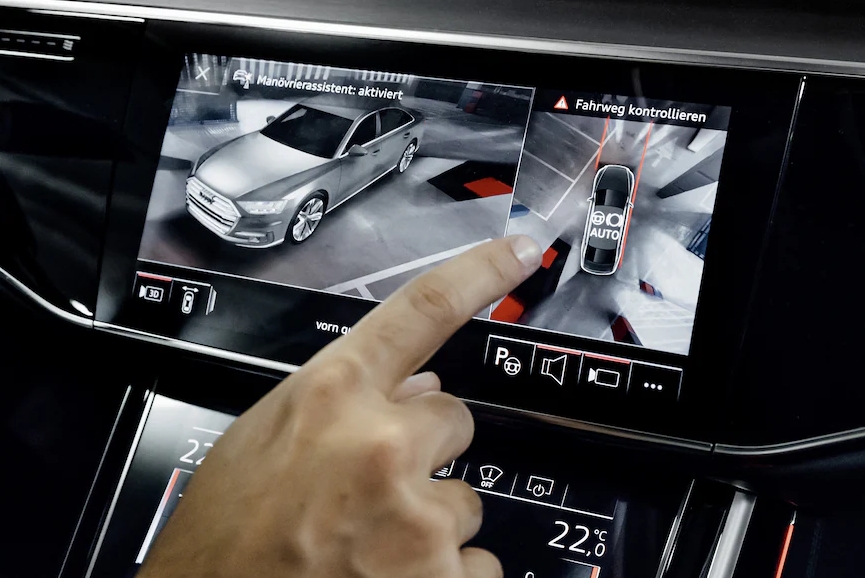
Car Audio Troubleshooting: The Basics
Tips for Solving Common Car Audio Problems
Sometimes things go wrong. Even if you've upgraded to a high-quality aftermarket stereo and amplifier, the slightest oversight can cause problems.
When your stereo stops making sound or starts making the wrong sounds, it's time for some basic troubleshooting.
You can take the following steps to fix problems with your car stereo and car stereo amplifier, especially common problems that can occur after a DIY installation.
Why has my car stereo suddenly stopped working?
There are many possible reasons why your car stereo has suddenly stopped working. There could be an internal or external problem, such as a power supply or wiring issue. A blown fuse could also be the cause.
Below are common stereo performance issues and their possible causes:
Stereo won't turn on - blown fuse or faulty wiring;
Stereo turns off irregularly - power or ground connection problem;
stereo display and sound turning off and on at the same time - the main unit is not getting enough power;
the stereo turning off when driving over bumps or around corners - a loose connector on the back of the main unit.
Thankfully, many of these problems can be fixed without replacing your car stereo.
Common Causes of Stereo Problems
Common causes of stereo problems that you can fix on your own or with the help of a car stereo expert include:
Incompatible components
Incorrect installation
Poor grounding
Tripping
Poor or damaged wiring
Anti-theft mode
How do I fix static on my car stereo?
If your car stereo speakers are crackling, change the channel to see if the noise goes away. If it doesn't go away and you keep hearing crackling, the speakers may be old and damaged and you should consider replacing them.

Tips for solving common problems
Verify that the main unit is not in anti-theft mode
Some stereo consoles have an anti-theft security feature that prevents the stereo from working if the power is interrupted. This makes the main unit useless if it is stolen.
Be sure to verify that your main unit does not have this feature. If so, you can find reset codes and procedures in your owner's manual, online, or from your car dealer.
Check the fuses.
If the stereo won't start and you don't have the anti-theft feature, use a multimeter and test light to test the fuses. Car stereos usually have one or two fuses, but may also have amplifier fuses and other component fuses. Stereo fuses should be clearly labeled and located in the main fuse box under the steering wheel or built into the back of the main unit.
Use a multimeter or test light to check that both sides of the fuse are energized. If the fuse is blown, refer to the steps above to repair the blown fuse.
Checking the pigtail connector
Remove the main unit to access its wiring and check that the pigtail connector is properly seated. If in doubt, remove and replace it so that it is seated correctly.
After removing the main unit, unplug the main unit and adapter for 15 to 20 minutes. Then reconnect and check that the main unit is working properly.
Checking the power supply to the main unit
Use a multimeter to test the two power cords of the stereo. This will help you determine if the wiring is damaged or incorrect. One power cord supplies power to the stereo's memory and is always hot. The other wire is only hot when you turn on the ignition.
But if it's reversed, the main unit won't work. If there is power to the fuse box, but no power to the main unit, then you may need to find the disconnect.
Check the grounding of the main unit
Check that the main unit is well grounded by visually inspecting it. Make sure it is securely connected and not rusted. You can also use a multimeter to check the grounding between the mainframe pigtail and a known good ground on the vehicle.
Alternator Whining
Poor grounding choices can also cause the alternator to whine, which is a common car stereo noise. If you hear this annoying sound that increases or decreases with engine speed, check the grounding, the charging system, and the connections between the audio system components and the battery.
Bench Test the Main Unit
If you've ruled out the above problems, your main engine may have failed. However, it's safe to assume that you can bench test it by connecting the power and ground wires directly to the 12V positive and negative terminals.
For more help troubleshooting your car stereo, visit Our Website. From small fixes to helping you choose a new replacement, they can use their expertise to help you improve the sound and function of your car stereo and car stereo amplifier.

